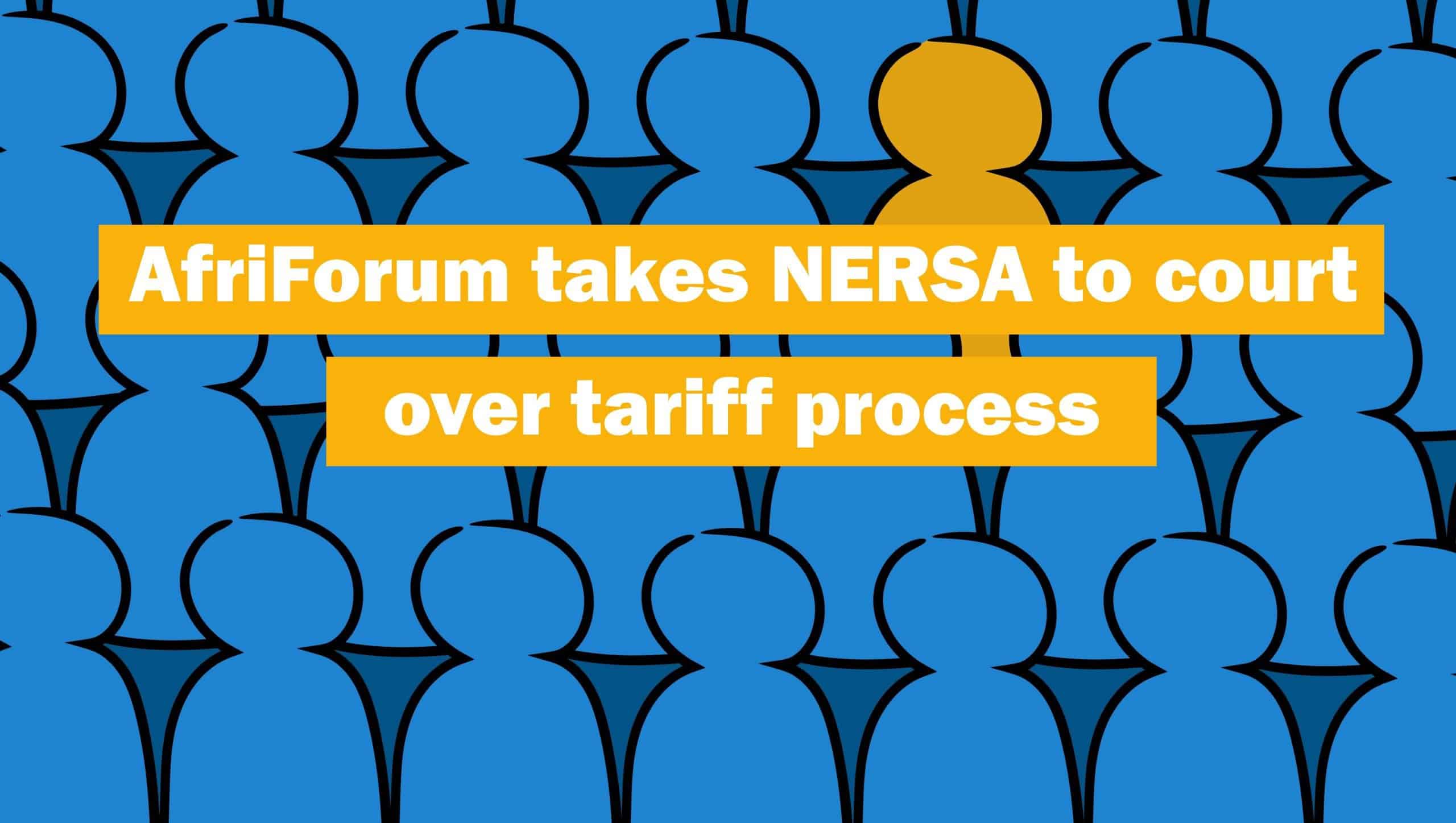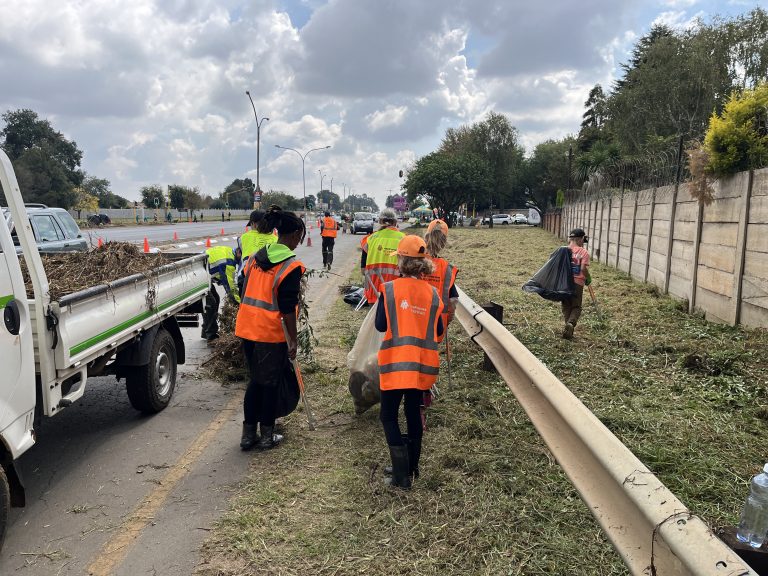AfriForum takes NERSA to court over tariff process, demands transparency and fair public participation process
The days in which municipalities and the National Energy Regulator of South Africa (NERSA) can quietly steamroll the implementation of new electricity tariffs may be numbered. The civil rights organisation AfriForum approached the court this week to have the public participation process followed for the introduction of the current financial year’s adjusted municipal electricity tariffs declared invalid. AfriForum is also requesting the court to issue an interdict to ensure specified timelines for future public participation processes.
AfriForum achieved a decisive victory against NERSA in court last year when the Gauteng High Court confirmed in June 2024 that the regulator’s decision to consider applications for electricity tariff increases without the required cost-of-supply studies was unlawful and invalid.
Despite the court ruling last year that NERSA’s consideration of applications for municipal electricity tariff increases without the required cost-of-supply studies was unlawful and invalid, it appears that the regulator has approached the process in a similar manner this year and has also not allowed sufficient time for public participation.
The timeline below outlines this year’s application and approval process:
- 26 March 2025: NERSA instructs municipalities to submit tariff applications for increases for the 2025/2026 financial year by 30 April 2025 and informs them that no tariff adjustment will be considered without the prerequisite cost-of-supply studies.
- From 25 April 2025: NERSA announces to the public which applications have been received.
- 9 May 2025: NERSA announces that 130 applications for municipal electricity tariff increases have been received, and that all applications have been accompanied by the necessary cost-of-supply studies.
- May 2025: AfriForum’s investigation into NERSA’s allegations on 9 May shows that only three municipalities included complete cost-of-supply studies in their applications, not 130 as the regulator claimed. The remaining 127 municipalities submitted only watered-down explanations of the new tariffs, without a proper explanation of how the tariffs were determined.
- June 2025: During meetings held by NERSA on 5, 9, 12, 18 and 20 June, all municipal tariff applications for the 2025/2026 financial year were approved for implementation on 1 July of this year.
According to Morné Mostert, AfriForum’s Head of Local Government Affairs, the public was not given a fair amount of time comment on the submitted applications. “The deadline for submitting applications was postponed time and again, but the time the public had to comment on the applications was not adjusted accordingly, and in certain cases the approval for increases appeared to have already been approved before the time for public comment had expired,” Mostert explains.
AfriForum therefore maintains that the public participation process followed by NERSA should be declared invalid. The organisation also requests in its court documents that NERSA’s timelines be adjusted in the future to allow sufficient time for public participation and that all applications and cost-of-supply studies be published on time.
In addition to enforcing an acceptable schedule that must allow sufficient time for public participation, AfriForum also asks the court to order all municipalities to ensure that residents of the municipalities concerned are informed of the municipalities’ applications to NERSA as well as of the public participation process.
According to the Municipal Financial Management Act 56 of 2003, a municipality must table its budget in the municipal council at least 90 days before the start of a new financial year.
NERSA’s application process began only on 26 March this year, a mere five days prior to when the first draft budgets were due to be tabled. The delay means that municipal councils this year had to consider and sometimes approve budgets before NERSA decided on their new electricity tariffs. This problematic process also means that many municipalities have to present estimated tariffs to the public during budget meetings, only to later implement entirely different tariffs, as approved by NERSA.
“NERSA’s delay in the process and their decision to once again approve tariff increases without the necessary cost-of-supply studies, despite legislation and a court ruling preventing them from doing so, creates serious problems for municipalities and residents. Since the regulator is clearly not fulfilling its legal obligations, the court’s intervention is now essential to act in the interests of transparency of the process, the public’s right to participate in the process and sound financial management in municipalities,” Mostert concludes.
Note to editors:
In terms of the Electricity Regulation Act 4 of 2006, municipalities must undertake a cost-of-supply study at least every five years, or whenever there is a material change to their tariff structure, to determine the actual cost of electricity distribution in the municipality. Municipal electricity tariffs must be in line with the actual cost of supply – which can only be determined through a proper cost-of-supply study – and may only have a small profit margin. NERSA’s task as regulator is, among other things, to ensure that municipal electricity tariffs and licensed electricity distributors comply with the relevant legislation.











